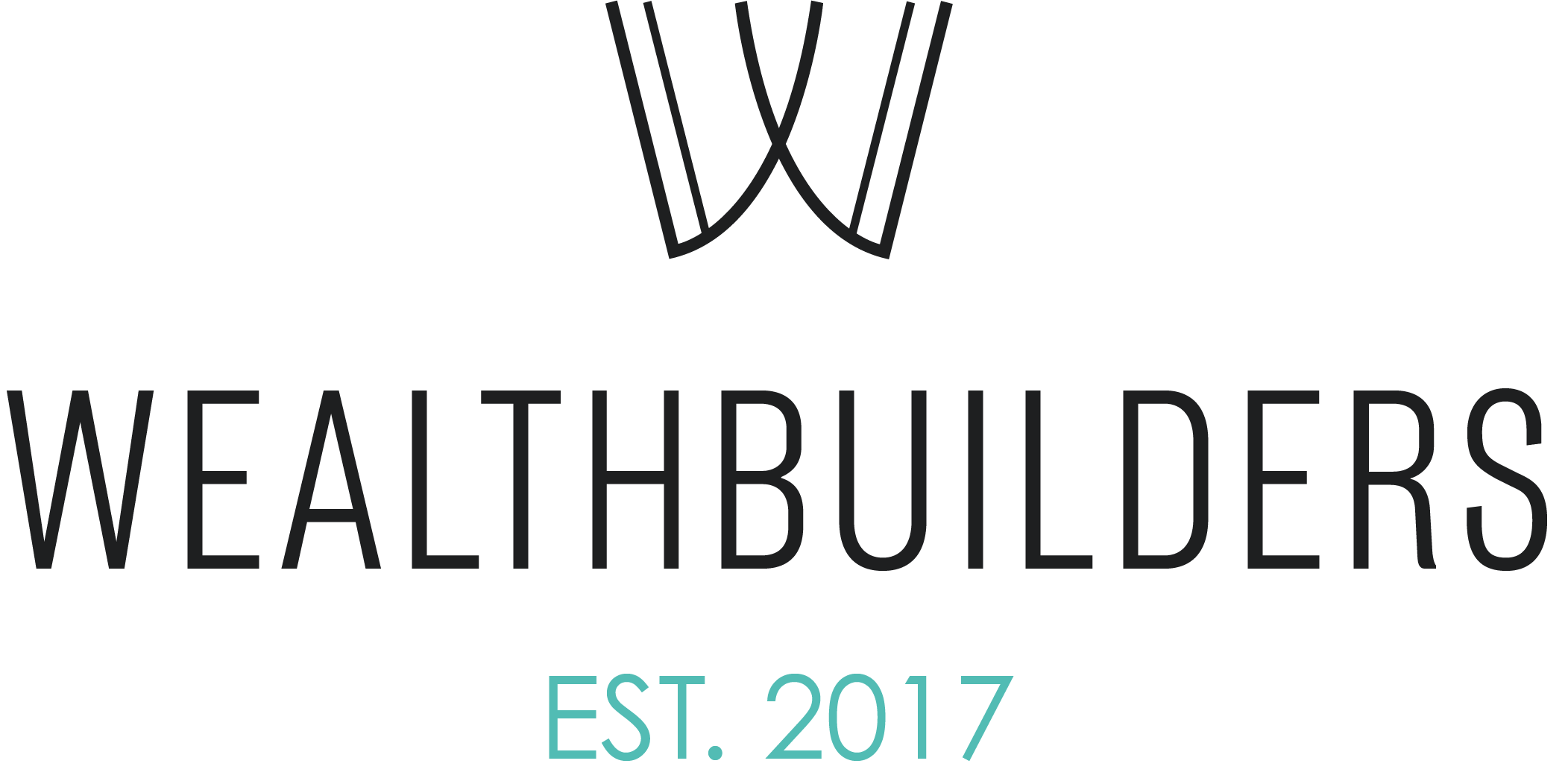After nearly two years of a tech IPO drought, we have some action! Instacart has officially filed their S-1, and it’s the perfect time for shareholders to take their stock options strategy to the next level. In this blog post we’ll explore how Instacart employees can best prepare for the IPO and make the most of this exciting milestone.
Understand The Basics of an IPO
An IPO is when a privately-held company offers its shares to the public for the first time, allowing anyone to buy a stake in the company. This transition from private to public ownership can significantly impact the company’s operations, financial transparency, and culture. Instacart reportedly is planning to list on the Nasdaq ticker symbol “CART”. Once the IPO happens, Instacart employees will likely have a lockup period of six months, meaning they won’t be able to sell shares during this time. Those who haven’t planned for this liquidity event yet have six months to make a plan.
Pay Attention
You have to stay informed about the IPO process. Instacart will likely provide updates and communications about the progress, key dates, and any changes that may arise. Regularly check official communications, attend company-wide meetings, and take advantage of any information sessions or resources provided.
Get Organized
One of the easiest things you can do now is to collect all of your grant agreements and keep them in a secure digital folder. Whether you are tackling this IPO yourself or working with a professional, you will need to have this information handy coming up with a planning strategy.
Learn The Basics of Your Stock Options and RSUs
While you don’t need to tactically understand every aspect of your Stock Options and RSUs, you should have a fundamental understanding of how each works and the high level tax implications. A CFP® and a CPA can help you determine the tax consequences of each and the various strategies that are available for your current situation. At a high level, traditional Stock Options like Incentive Stock Options (ISOs) and Non-Qualfied Stock Options (NQSO’s) are taxed differently than RSUs. For many, you most likely have RSUs (Double Trigger) and it’s crucial to understand that you will pay ordinary income taxes when the shares vest. The single most important thing you can do is update your tax withholdings before IPO date. A best practice is to withhold as much as possible.
Start Planning
I’m a huge fan of doing a comprehensive Wealth Plan for clients before an IPO (if possible). It’s important to get an understanding of your overall financial health before you can start formulating a strategy. There are many different ways to look at your equity compensation and the potential wealth generator the IPO will create, but if you are lacking certain financial fundamentals it can drastically change your strategy. I recommend seeking a CERTIFIED FINANCIAL PLANNER™ who can help you with every aspect of your plan (cash-flow, investments, taxes, risk management, etc.).
In the meantime you can action the below…
1. Determine your goals. Ask yourself these types of questions – What is most important to me? What are some financial challenges that have been keeping me up at night? What is my priority with this windfall money? What is my money vision? How do I want to give back?, etc.
2. Do your tax planning. You need a solid tax projection so you don’t have any surprises come April. Find out how many shares of Instacart you will have on the IPO date and multiply that by the opening day price, you can then determine how much they will be worth. As of 9/18/2023 analysts are estimating that shares will be worth $28-$30 each. Once you have an estimate of share worth then you can set aside a decent amount to cover taxes in April. This can vary a lot on several factors (total income, deductions, withholdings, etc.). In general, most employees will likely need to liquidate stock to cover additional tax bills. Get comfortable with 37-50% of what you vest going to Uncle Sam. A CERTIFIED FINANCIAL PLANNER™ and/or a CPA can help you solidify a number to set aside for future taxes.
3. Exercise your stock options carefully. If you are fortunate enough to have Incentive Stock Options (ISOs), you should consider exercising a good portion up to the alternative minimum tax limit (AMT) to start the clock for long term capital gains. Remember in order to get favorable tax treatment you need to exercise stock options and hold them for one year and then two years from grant. This is crucial! This all will be determined by your goals and your personal financial situation.
4. Decide On A Liquidity Framework.
- Immediate Pay Day – Sell most stock for cash ASAP, least risky from a tax perspective, and limits exposure to volatility.
- Target Liquidity – Set’s a specific net of tax cash target for goals, optimization at liquidity, goal attainment is anchored to price. Set a price you’d be happy to sell your shares at.
- Bet On Upside – Sell enough to have cash for underwithholding, raise cash for future taxes each trading window, super confident in company stock, most risky.
5. Your Trading Window Is Open – Now What?
Sell, Sell, Sell! Sell at minimum the amount you will need to cover additional taxes. Sell enough to cover the goal expenses you developed. The important thing is to take immediate action, if you wait, it will be a missed opportunity. I’ve seen many folks forget to sell and then they have to wait until the next trading window. This is a huge gamble as the stock price could fall (historically they usually do after the first month of trading) and you could jeopardize the predetermined goals.
Your Wealth Building Journey Starts Now
Celebrate this milestone! Working for a company that goes IPO can be a once in a lifetime opportunity to achieve financial independence early! Don’t let this opportunity slip, plan accordingly with a team of experienced experts to help guide you through this arduous process.
I’m happy to help solidify your Wealth Plan, including guidance with your stock options. I’ve helped numerous clients before and after the IPO process set up Wealth Plans designed to align their money with their values, cover blindspots, and save on tax. If you are in need of a financial check-up or want to learn more about my success working with other tech professionals, book a call with me today.



